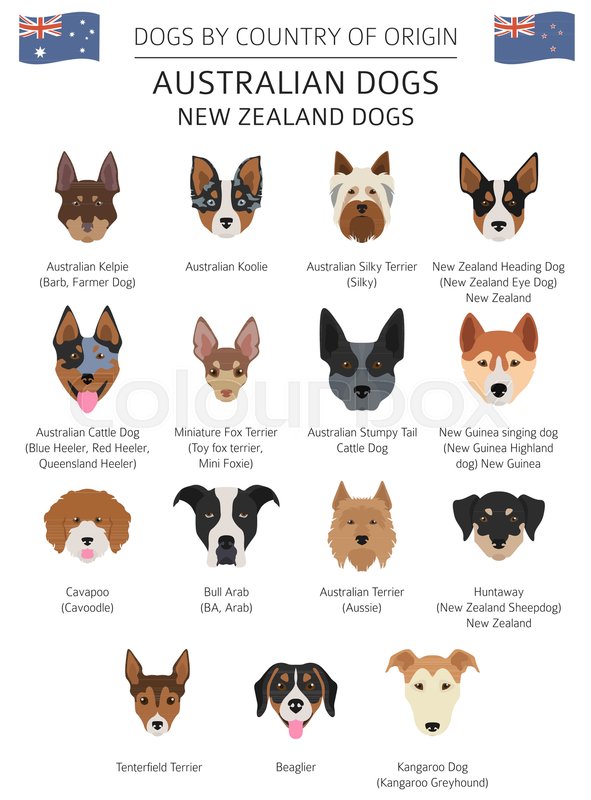What To Do If Your Dog Hates Going To Daycare Tips For A Smooth Transition
What To Do If Your Dog Hates Going To Daycare Tips For A Smooth Transition
Blog Article
Can Dog Daycare Reason Ailment?
Pet dogs in daycare receive great deals of workout, socialization with other pets and special experiences. This can be particularly helpful for pups and canines with behavioral problems.
There are several legal considerations you need to consider when beginning a doggy day care service. These consist of the framework of your organization and conformity with federal government laws.
1. Canine Distemper
Canine distemper is spread through direct contact with the bodily fluids and waste of an infected canine, however it can likewise be transferred by means of common water and food bowls or via air-borne beads. This very transmittable ailment is most unsafe for pups, yet it can influence dogs of any age and is fatal for most if left untreated.
Initial symptoms of canine distemper frequently mimic a common cold, including dripping eyes and nose with watery or pus-like discharge. As the condition proceeds, a pet will certainly create high temperature, coughing, minimized hunger, vomiting and diarrhea. The virus can also attack the nervous system, resulting in seizures, shivering and partial or full paralysis.
Reputable daycares reduce exposure to infection by calling for inoculations, routine health examinations and follow strict health methods. If your dog appears excessively exhausted or limping, a day off might aid him recuperate, but you ought to avoid taking him back to childcare till these signs clean up.
2. Kennel Cough
Kennel coughing, additionally called contagious canine tracheobronchitis or Bordetella, is an extremely contagious viral or microbial illness that impacts the breathing tract. It's generally moved with the exchange of saliva or air droplets that an unwell pet dog exhales. Social dogs go to greater danger for infection due to their constant communication with one another, such as when they play, share food or water, sniff one another or merely fulfill in a jampacked atmosphere like a canine park or daycare.
The most common symptom of kennel cough is a persistent and strong coughing that seems like something embeded the throat or retching. Commonly, pet dogs will cough up frothy white phlegm. If left untreated, a pet can create pneumonia and go to severe danger for life.
A trusted daycare center must have stringent cleaning and sanitation protocols, sanitize all playthings, food and water bowls on a regular basis, and be open regarding their vaccination policies. Keeping your dog up to date on their vaccinations, specifically for bordetella and canine influenza, will significantly decrease their possibilities of acquiring the disease.
3. Parvovirus
Canine parvovirus, or parvo, is an extremely contagious viral disease that can be lethal for young puppies and young adult canines with poor immune systems. It's most commonly spread out by straight contact with infected pet feces-- which can take place when pets smell, lick, or preference contaminated feces-- dog daycare near me and indirectly from polluted people, objects, or environments (like kennels, grooming rooms and grass). Pups and pets without full inoculation histories are particularly vulnerable to parvo.
The virus is incredibly resilient, surviving in the environment for up to nine years, and can easily be transferred between canines by get in touch with with feces or on shoes, clothes, and bed linen contaminated with parvovirus. If not treated immediately with IV fluids, electrolyte equilibrium, throwing up control drugs and anti-biotics to stop additional bacterial infections, a canine will quickly dehydrate and develop severe diarrhea, which leads to shock and sepsis. Parvo is difficult to cure once a pet has actually come to be ill, however with ideal vet treatment, many young puppies do endure this health problem.
4. Pooch Flu
Pooch flu infection is very transmittable and spreads via straight call, sharing food and water bowls, licking or nuzzling various other pets, via air-borne beads, and via polluted surface areas. Inoculation is effective in reducing the risk of infection and break outs.
A lot of influenced dogs develop a mild respiratory infection with a cough that lasts 1-3 weeks. They may likewise have nasal and ocular discharge, sneezing, and sleepiness. A few of one of the most significant cases result in pneumonia and a high fever.
If your canine exhibits any of these signs, do not bring them back to day care up until they are healthy and balanced. If your pet dog is revealing indications of severe tiredness or hopping, talk with your veterinarian right away and make sure they are on good health supplements to help build their resistance. A veterinarian will evaluate your dog for symptoms of the flu by taking a sample from the nose or throat, and blood examinations can be done to validate.